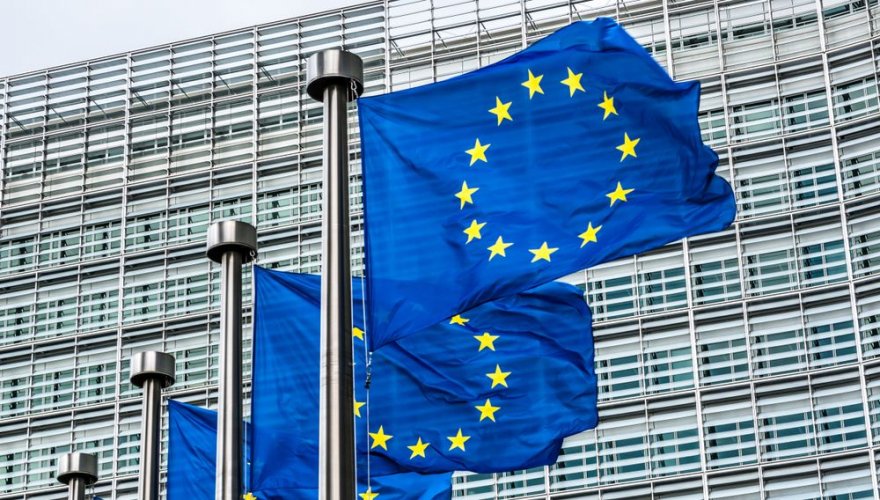The European Parliament and the Council of the EU have reached a preliminary political agreement on the European Commission's proposal to simplify and strengthen the EU's carbon-based import adjustment mechanism (CBAM).
The central executive body of the European Union welcomed this decision.
The key points to be envisaged:
- The new minimum weight threshold of 50 tons will exempt 90% of importers from CBAM rules. Companies that do not exceed a single mass-based threshold set at 50 tons of imported goods per importer per year will be exempt from the obligation to pay the carbon duty. This will mainly apply to small and medium-sized enterprises, as well as individuals importing small or insignificant volumes of goods covered by the CBAM.
- The climate ambitions are preserved, as 99% of CO2 emissions from imports of iron, steel, aluminum and cement will still be covered by this mechanism.
- Procedures related to CBAM-covered imports will also be simplified. This applies in particular to:
- authorization procedure;
- data collection processes;
- calculation of embodied emissions;
- emissions verification rules;
- calculation of financial obligations of authorized CBAM declarants (parties wishing to import goods covered by the CBAM) during the year of importation into the EU;
- claims of authorized CBAM declarants regarding the carbon price paid in third countries.
Next steps
Now the European Parliament and the Council must formally adopt the simplification document. It will enter into force 20 days after publication in the Official Journal of the EU.
The CBAM is currently in a transitional phase of implementation. Its final phase will begin on January 1, 2026.
This year, the European Commission plans to make a comprehensive review of the carbon adjustment mechanism for imports and submit a legislative proposal to extend CBAM to processed products and introduce additional anti-circumvention measures.
Currently, the European Commissioners are also analyzing how to prevent the risk of carbon leakage when exporting CBAM products.
As a reminder, on February 26 this year, the European Commission proposed relief to the CBAM regulation as part of the Omnibus I simplification package to reduce the administrative burden on businesses while maintaining the functionality of the CBAM mechanism.
As EcoPolitic previously reported, the European Commission will soon publish a document on expanding the scope of CBAM.





